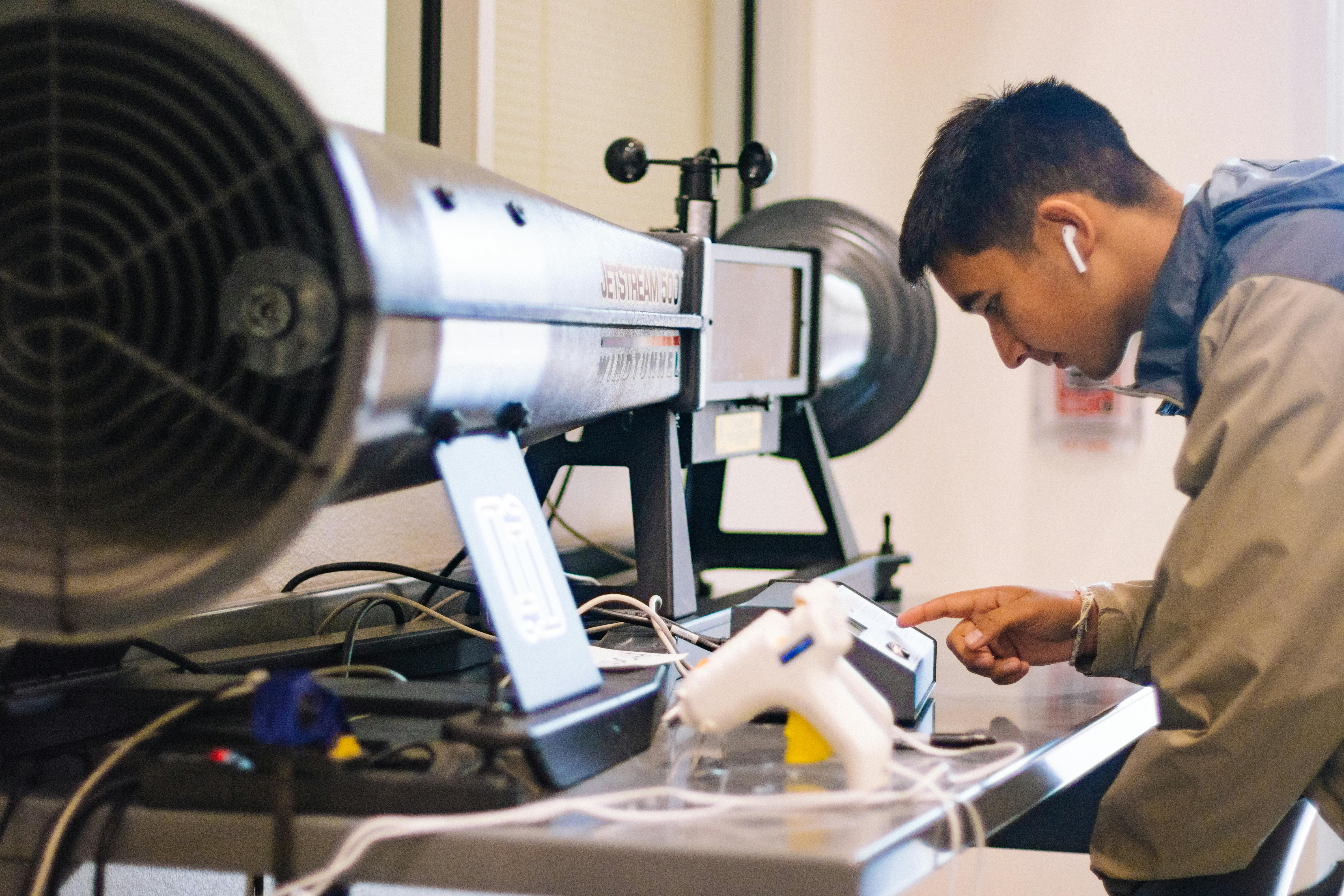Mastering the TCAP Science Practice Test for Better Results
The TCAP science practice test plays a pivotal role in helping students prepare for the Tennessee Comprehensive Assessment Program. With increasing academic expectations, parents and educators are seeking more effective ways to support student learning. In this guide, you’ll discover how to approach the TCAP science test with confidence, utilizing practice tests, proven strategies, and essential concepts for optimal performance.

Understanding the Fundamentals
Before diving into test-taking strategies, it’s vital to understand what the TCAP science test is and why it matters. The test evaluates students’ understanding of scientific concepts and their ability to apply them in real-world scenarios. It is aligned with the Tennessee science standards and forms a critical part of student assessment in grades 3-8 and high school.
Understanding these basics can ease anxiety and improve performance. Think of it like learning to ride a bike—mastering balance first helps everything else fall into place.
1.1 Structure and Content Areas
The TCAP science test covers four primary domains: Life Science, Physical Science, Earth and Space Science, and Engineering and Technology. Each domain contributes to a well-rounded understanding of the natural world. For example, students may be asked to explain photosynthesis or predict the motion of objects under gravity.
Real-world application includes analyzing energy transfers in ecosystems or understanding how weather patterns form—essential knowledge in today’s climate-conscious world. Misconceptions such as “heavier objects fall faster” are directly addressed through well-structured practice questions.
1.2 Scoring and Proficiency Levels
The test utilizes scale scores and proficiency levels to determine student performance. These include Below, Approaching, On Track, and Mastered. Unlike letter grades, these levels highlight conceptual understanding and application ability.
In practical terms, knowing these levels helps educators identify learning gaps. For instance, a student who scores “Approaching” may need focused support on interpreting scientific data or conducting experiments.
Practical Implementation Guide
Once students and educators understand the basics, the next step is implementing a study routine using a TCAP science practice test. These tools help simulate real test conditions and pinpoint areas for improvement. Expect a more confident and capable test-taker when these methods are applied consistently.

2.1 Actionable Steps
- Step 1: Begin by downloading official practice materials that reflect TCAP standards.
- Step 2: Use a timer to simulate testing conditions and eliminate distractions during practice.
- Step 3: Set weekly milestones like mastering one topic domain per week using quizzes and flashcards.
2.2 Overcoming Challenges
Common issues include test anxiety, difficulty understanding questions, and lack of motivation. Students may also misinterpret scientific vocabulary or struggle with interpreting data graphs.
Solutions include mindfulness training, regular review sessions, and building vocabulary through science journals. Teachers can also offer modified versions of the test for early learners to build confidence gradually.
Advanced Applications
For students already scoring in the “On Track” or “Mastered” levels, it’s time to advance to more sophisticated learning strategies. These include interdisciplinary applications and independent project work that reinforces knowledge while preparing for the TCAP science practice test.

3.1 Experimental Design Projects
Creating and executing science experiments boosts understanding of variables, control groups, and data interpretation. For example, a student might design a plant growth experiment, record findings, and draw conclusions using scientific methods.
Metrics include accuracy, consistency of results, and depth of analysis. Teachers often report a 20–30% improvement in test scores for students engaged in experimental projects.
3.2 Technology Integration
Utilizing simulations and virtual labs offers hands-on experience without the logistical barriers of physical labs. Tools like PhET simulations can be used to visualize kinetic energy, atomic models, or chemical reactions.
Compatibility with platforms like Google Classroom or Canvas makes it easy to assign interactive tasks that align with TCAP objectives.
Future Outlook
As education continues to evolve, so does the nature of standardized testing. The future of the TCAP science practice test includes greater integration of digital platforms, adaptive testing, and real-time feedback tools.
In the next 3–5 years, expect more emphasis on critical thinking, problem-solving, and cross-disciplinary learning. Staying ahead means embracing innovative study methods and keeping up with state educational updates.
Conclusion
The TCAP science practice test is more than a tool—it’s a strategy for long-term academic success. Mastering the fundamentals, applying consistent practice, and advancing through real-world projects can dramatically improve student performance.
Take the next step: start a study plan today using the strategies discussed here. With focused effort and the right resources, success is within reach for every student preparing for the TCAP science test.
Frequently Asked Questions
- Q: What is the TCAP science practice test? It’s a preparatory test that mirrors the actual TCAP science exam, helping students get familiar with the question formats and topics.
- Q: How do I begin preparing for the TCAP science test? Start with reviewing the Tennessee science standards, then practice using sample questions and full-length tests.
- Q: How much time should I dedicate to test prep? Around 3–5 hours per week for 6–8 weeks is ideal, though this varies depending on the student’s current level.
- Q: Does preparation cost money? Many high-quality practice resources are free from the state or school. Additional materials like workbooks or online courses may cost between $10–$50.
- Q: How does this compare to other standardized tests? TCAP is state-specific, unlike national tests like the SAT. It’s focused on curriculum mastery rather than aptitude.
- Q: Is the TCAP science test hard? It can be challenging, but consistent use of practice tests and review methods can make it manageable for most students.
- Q: Can this test help in careers or higher education? Yes, strong science skills are foundational for STEM careers and advanced coursework, making TCAP prep beneficial long-term.
